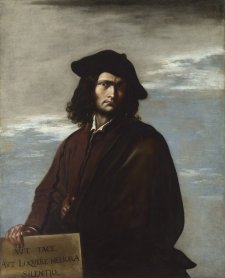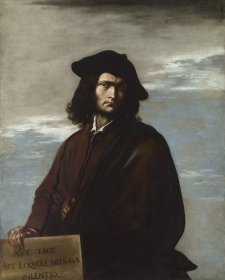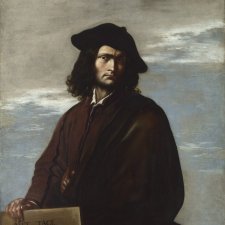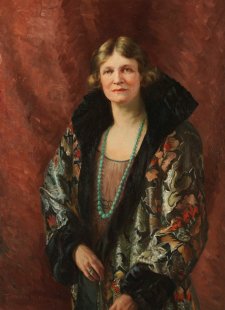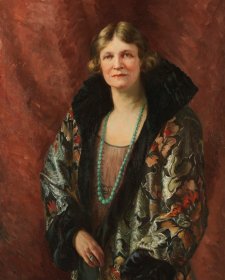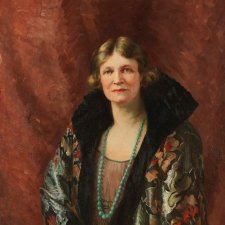I don’t think we’ve got any high-ranking women in any trade union, which is a shocking thing. After all, the trade union movement is supposed to represent both the men and the women in jobs. There must be amongst their membership, the same number of intelligent women as there are intelligent men. And I would very much hope to see in the future – I don’t suppose it’ll come in my lifetime – that they have the proper distribution of places of influence between men and women both in the governing bodies of unions, and also, later on, when things gets more socialistic, in the governing body of the industries themselves.
Now I say, ‘get more socialistic’, there because many years ago I became a socialist. I read quite a lot of books about politics and so on and so forth, and it seemed to me to be the system under which the individual, whether a man or a woman, had the greatest opportunity of developing their usefulness and status. You only have to look back in history in the days of serfdom and all the rest of it. It’s as they’ve gradually overcome the limitations that were placed on them by the social system, that not only women have advanced but society itself has advanced. And of course, if you come to think of it, men and women are both components of society and if you have a horse with a lame foot or a shackled foot it’s not going to gallop was well as one that hasn’t got, who hasn’t got any shackles on. And it’s the same with the human race – if you’re going to shackle the women, as they have been in the past and to a certain extent still are, you’re going to hold up the progress of the whole of our society.
